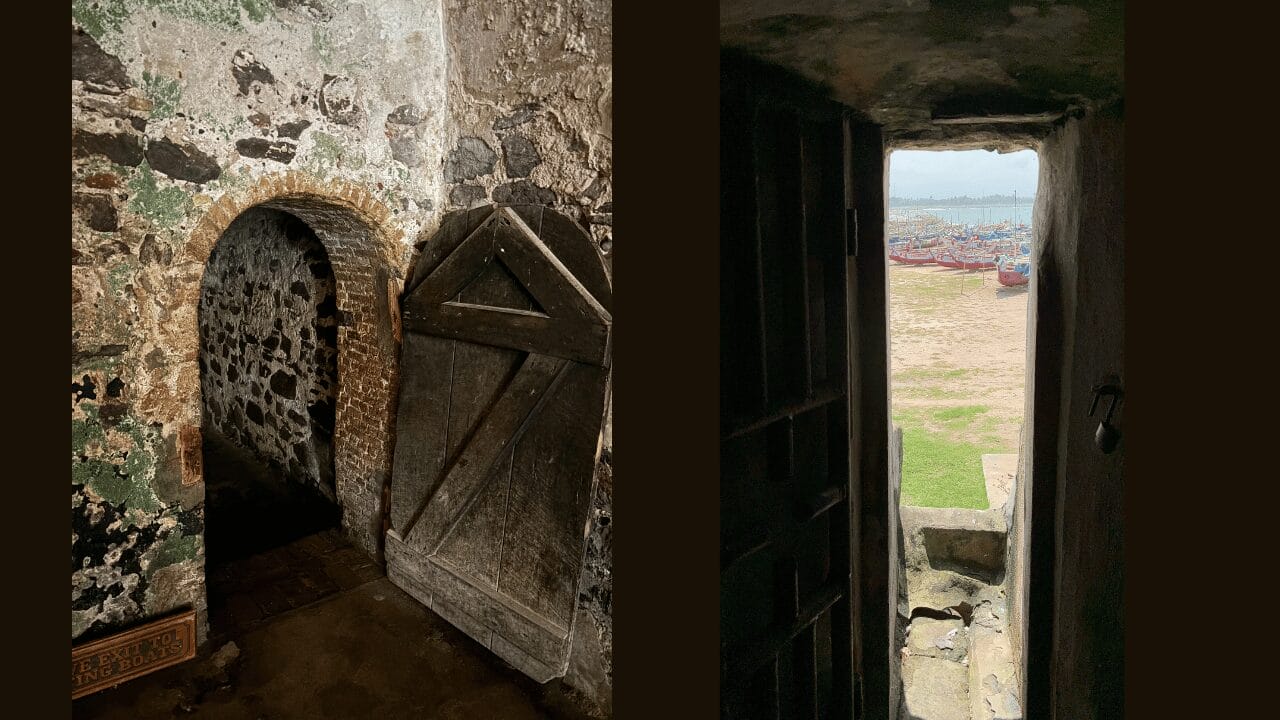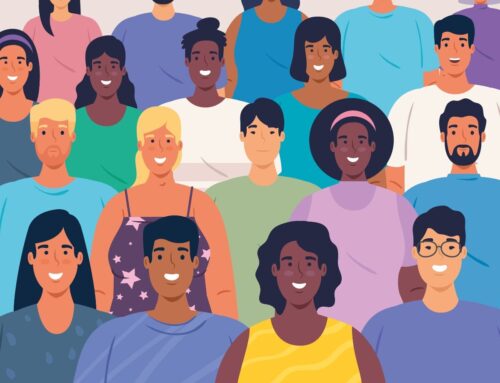Last summer, during my trip to Ghana, I had the solemn privilege of visiting Cape Coast Castle—one of the many sites that served as a final holding place for enslaved Africans before their forced journey across the Atlantic. Within its walls lies the Door of No Return, a small, narrow passage through which countless men, women, and children were taken—forever severed from their homeland, their culture, and the futures they might have built.
Walking through that space was an overwhelming experience. The weight of history pressed against me as I stood where so many had stood before, robbed of their freedom and forced into an uncertain fate. Our tour guide shared something that has stayed with me ever since.
“Imagine what Ghana—and Africa as a whole—would be like if so many of our engineers, scientists, and doctors had not been stolen from this land.”
That thought sat heavily in my mind. We often celebrate the achievements of Black inventors, engineers, and pioneers during Black History Month—those who, despite systemic oppression, managed to create and innovate in extraordinary ways. But what about those who couldn’t?
How many geniuses, healers, and visionaries were lost to the brutality of the Transatlantic Slave Trade? How many ideas never came to fruition because their creators were shackled before they had the chance to dream?
The Lost Potential of a Stolen Generation
The devastating impact of the slave trade on Africa is well-documented. According to historian Joseph E. Inikori, in his work Africans and the Industrial Revolution in England: A Study in International Trade and Economic Development, the mass forced removal of Africans had long-term consequences on the continent’s economic and technological advancement. Skilled workers, artisans, and scholars were taken, leaving behind gaps that hindered development for generations.
In the United States and beyond, those who survived the Middle Passage faced dehumanization, their knowledge and skills often dismissed or suppressed. Enslaved Africans brought extensive expertise in agriculture, engineering, medicine, and craftsmanship, yet they were forced into labor with little to no recognition of their abilities. The trauma of this erasure persisted across generations, shaping disparities in education, wealth, and opportunity that remain visible today.
A Call to Acknowledge and Remember
As we conclude this Black History Month, let us not only celebrate the remarkable contributions of African Americans but also take a moment to honor those whose potential was stolen.
Let us acknowledge:
- Those who never made the passage because their lives were cut short in the dungeons of castles like Cape Coast and Elmina.
- Those who arrived on foreign shores only to have their identities, skills, and futures stripped away.
- Those whose brilliance was never given the space to thrive.
But above all, let us also recognize the resilience that persisted despite this tragic history. The endurance of African traditions, the innovations born from struggle, and the triumphs of Black excellence today stand as testaments to an unbreakable spirit.
Black history is not just about what was lost—it is also about what survived, adapted, and flourished.
And that is a legacy worth remembering.






